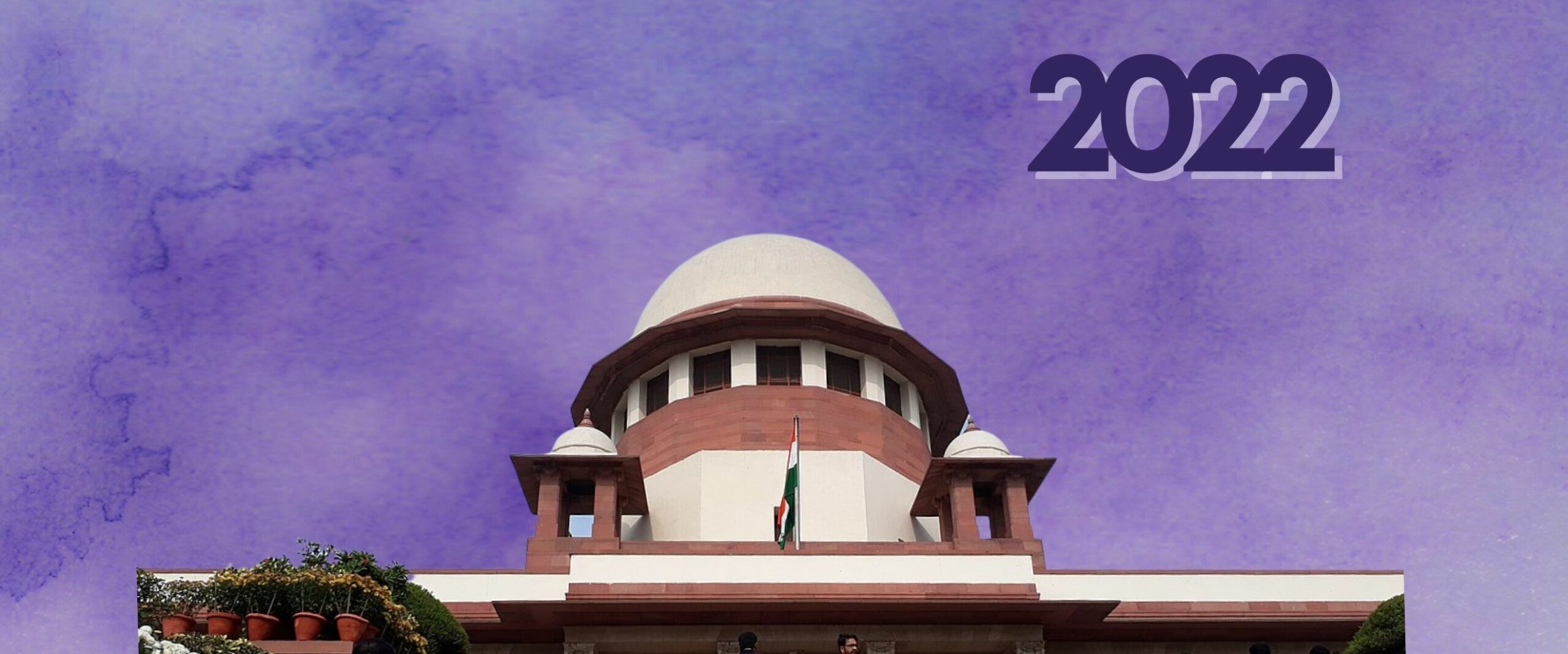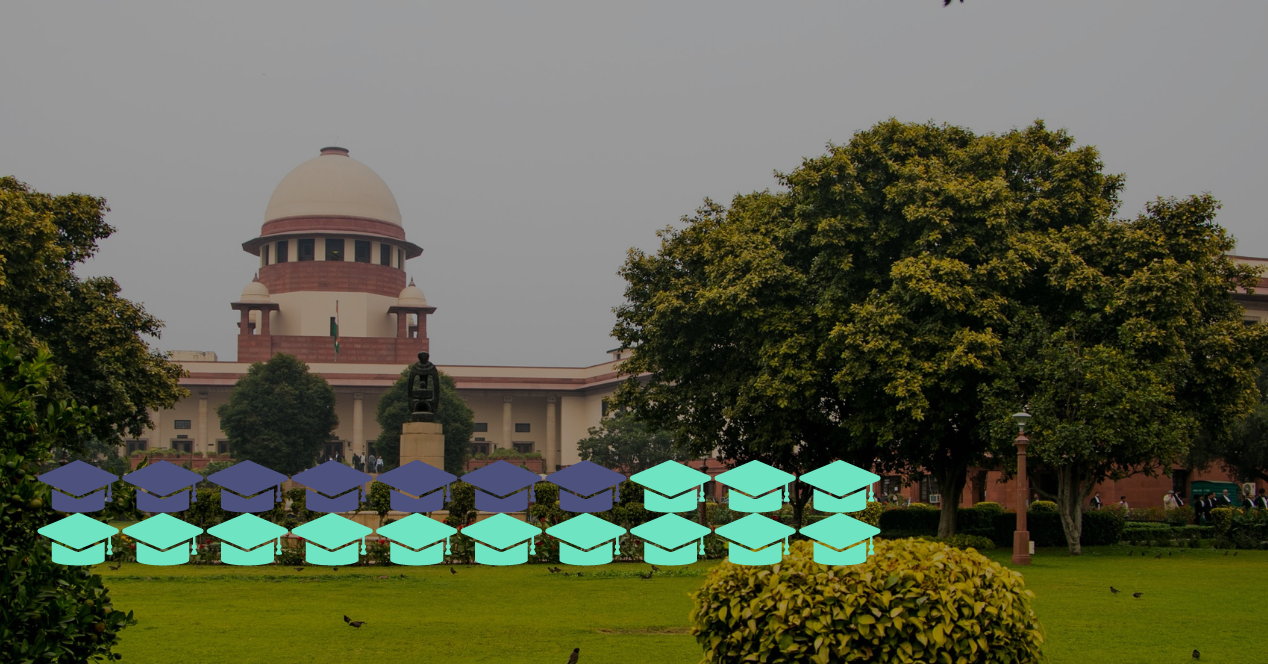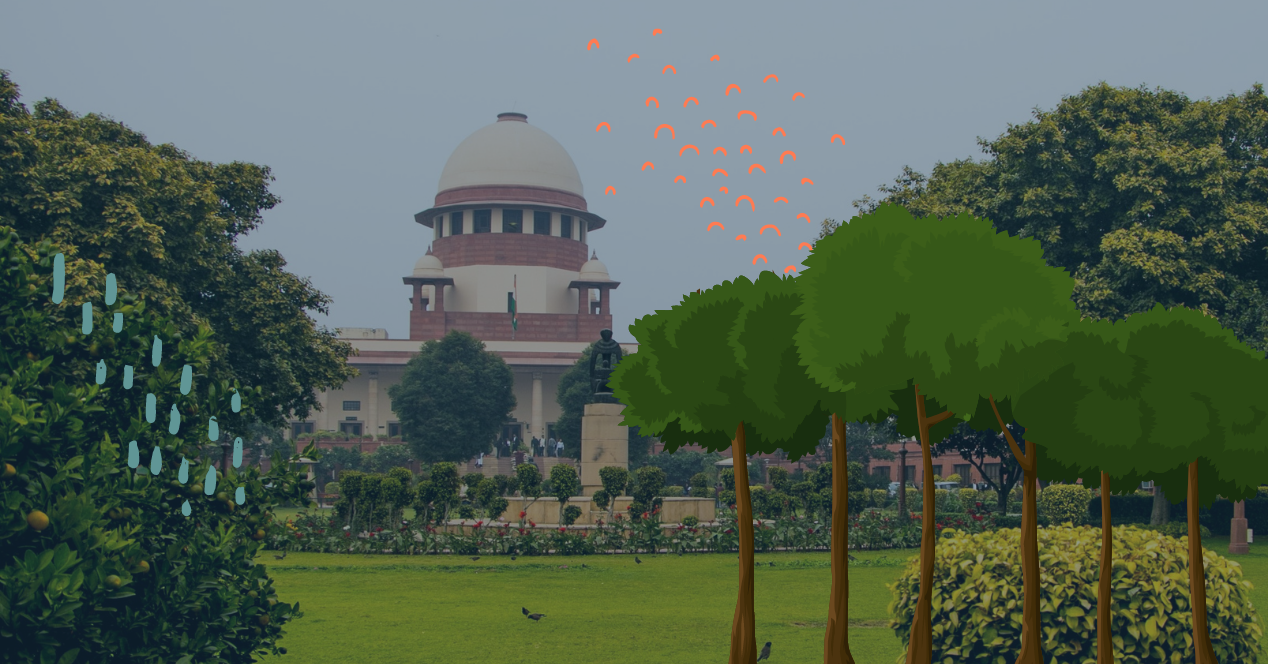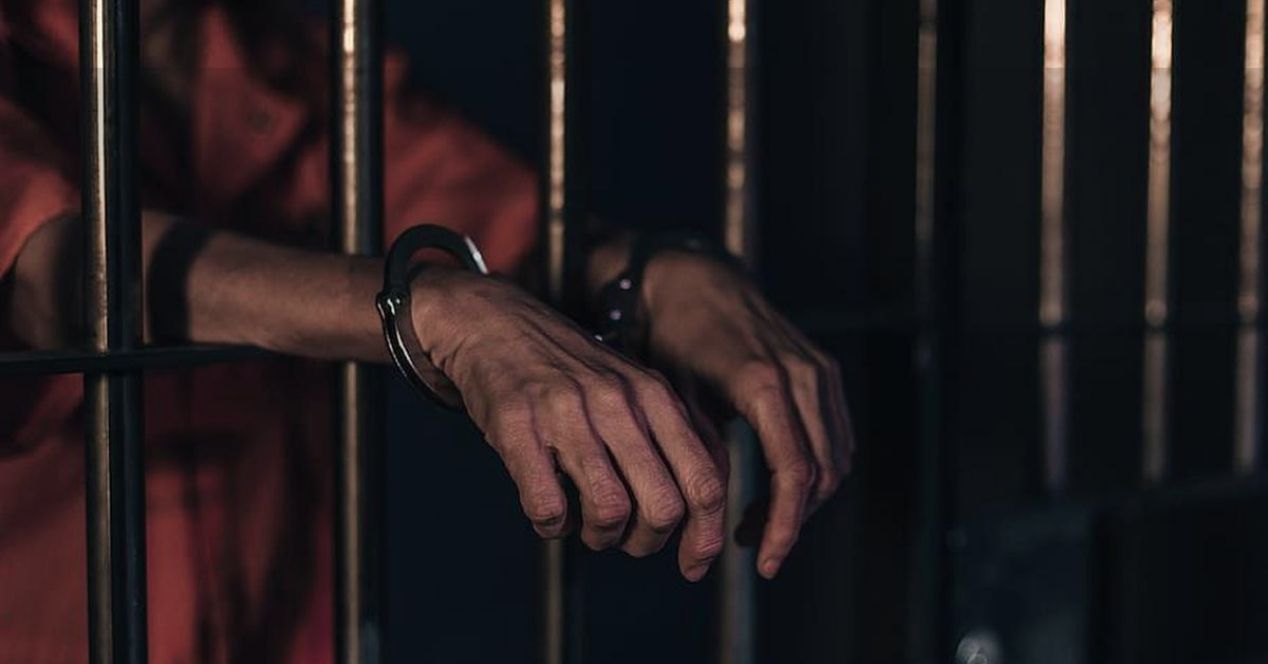Analysis
Looking Ahead: Key SC Cases 2022
The Supreme Court in 2022 is poised to address key questions on reservations, terror, and freedom of the press.

In 2021, the Supreme Court issued 865 judgments.
The COVID-19 pandemic continued to afflict the Supreme Court, with the Second Wave harkening the end of physical hearings for the next few months. As pendency rose steadily, the Court delivered key judgments on themes such as equality, reservations, terror, and freedom of the press. The Court is poised to continue engaging with these crucial themes in 2022.
The SC in the coming year will see three Chief Justices— one of whom shall serve only for four months. It is uncertain what the institutional impact of having three Chief Justices in a single year, and its consequences for the Court’s pressing pendency problem, shall be.
Amidst concerns about rising pendency, judicial deference vis-à-vis the Executive us a crucial issue. The extent of the Court’s deference to the Executive shall likely impact the Court’s decision-making on these important themes. Some argue that with Chief Justice Ramana, we are moving towards a less deferential court. The question of whether we will indeed see a less deferential court in 2022 remains to be seen.
The Court is set to further its anti-discrimination jurisprudence in 2022 by addressing reservations in public education and employment. The Court’s decisions will affect scores of individuals whose candidature has been put on hold due to pending challenges from 2021.
Reiterating its emphasis on data in reservations cases, the Court is expected to adjudicate on Vanniyar reservations in Tamil Nadu, EWS reservations in post-graduate medical examinations, and reservations in promotions for SC/STs.
- Pattali Makkal Katchi v Mayileruperumal
- State of Maharashtra v Union of India
- Neil Aurelio Nunes v Union of India
- Jarnail Singh v Lacchmi Narain Singh
In engaging with both the Pegasus probe as well as the sedition charges filed against the late Vinod Dua, the Court stressed the importance of a free press in a constitutional democracy.
Yet, many questions on press freedom from 2021 remain to be answered.
The Technical Committee on the Pegasus Spyware, set up in 2021 to investigate the Union Government’s alleged use of the spyware, is due to submit its report in January 2022. The Committee’s findings shall likely influence the Court’s judgment in this case.
Further, the various challenges to the IT Rules — likely to curtail the freedom of digital media organizations- may be transferred to the Supreme Court in the coming year.
India’s anti-terror legislation, the Unlawful Activities Prevention Act, 1967, has often been mobilised to suppress dissent. In 2021, the Court dealt extensively with the UAPA in the context of bail for those accused under the Act.
The Court shall continue to adjudicate on bail under the UAPA in 2022. In late 2021, activists who prepared a fact-finding report on the Tripura violence and were subsequently charge-sheeted challenged the constitutionality of the Act’s provision on requirements for bail. This case will likely be heard in early 2022.
Continuing this focus on the rights of accused persons, the Court shall engage with the independence of special legislative bodies. Special investigative bodies possess the powers and expertise needed to investigate certain crimes. It is crucial that they remain independent from Executive influence.
The Court shall clarify the scope of the powers wielded by agencies investigating economic offences. It shall address Executive discretion in determining the terms of the directors of the Central Bureau of Investigation and Enforcement Direction. It is further expected to deliver judgment on a protest petition filed by Zakia Jafri, the widow of Ehsan Jafri who was killed during the 2002 Gujarat riots.
These decisions shall have significant implications for questions of fair trial, use of agency powers, and investigation into communal violence.
- Vijay Madanlal Choudhary v Union of India
- Mahua Moitra v Union of India
- Zakia Ehsan Jafri v State of Gujarat
With 69,555 cases pending and a range of key issues that remain to be considered, 2022 is set to be an eventful year at the Supreme Court.
For our review of the Court’s key 2021 judgments, click here.




